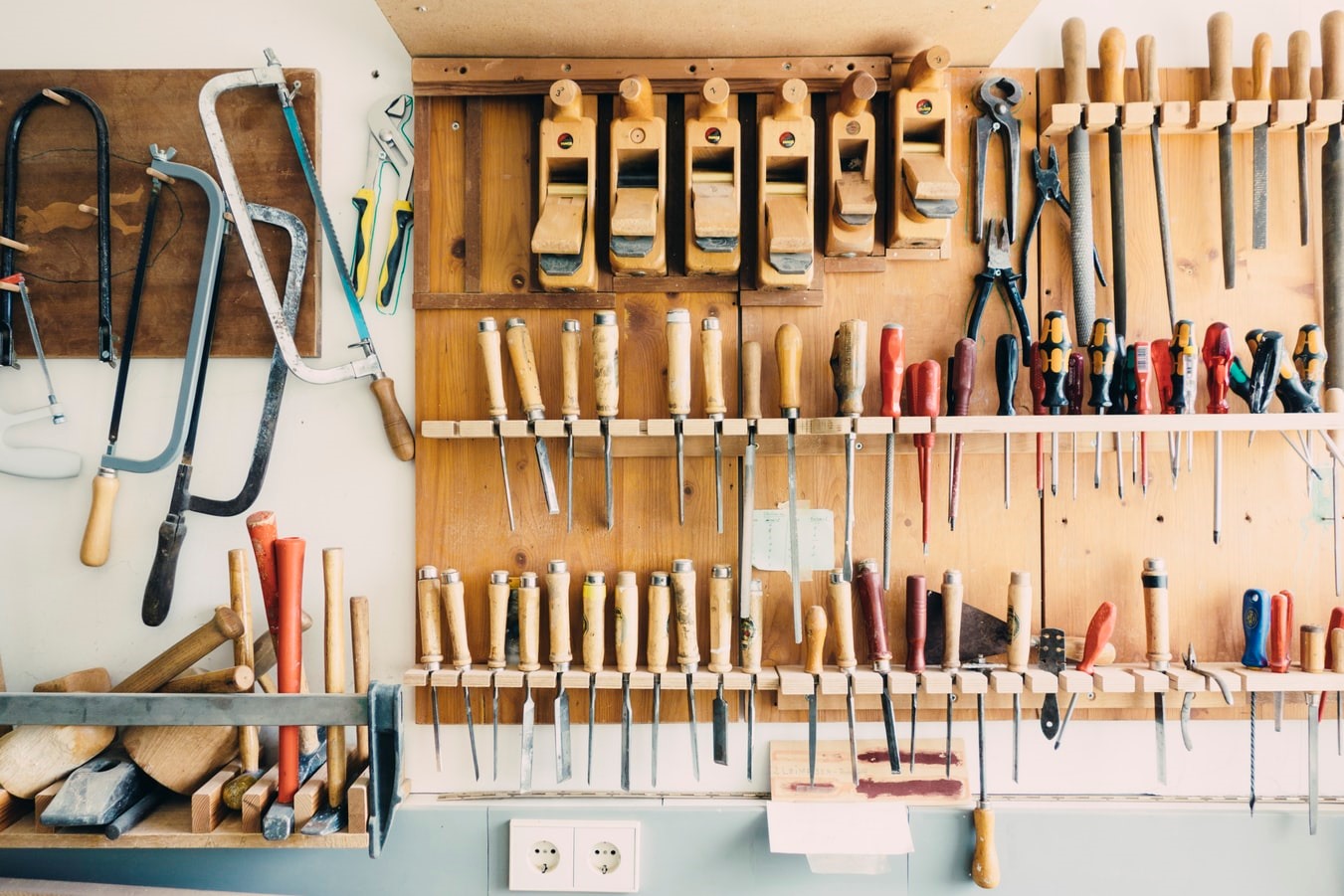

Articles
What Tools Do I Need For Woodworking
Modified: October 31, 2024
Find out the essential tools for woodworking in our informative articles, and start your DIY projects with confidence.
(Many of the links in this article redirect to a specific reviewed product. Your purchase of these products through affiliate links helps to generate commission for Storables.com, at no extra cost. Learn more)
Introduction
Welcome to the fascinating world of woodworking! Whether you’re a seasoned woodworker or just starting out, having the right tools for the job is essential to ensure successful and safe woodworking projects. In this article, we’ll explore the various tools and equipment you’ll need to have in your workshop to tackle a wide range of woodworking tasks.
Woodworking is a versatile craft that allows you to create beautiful and functional pieces from raw wood. From large furniture pieces to intricate wooden sculptures, there’s no limit to what you can create with the right tools at your disposal.
Before we dive into the specific tools, it’s important to note that safety should always be your top priority when working with woodworking tools. Always wear appropriate safety equipment such as safety glasses, ear protection, and gloves to protect yourself from potential hazards. Now, let’s take a closer look at the essential woodworking tools you’ll need to have in your arsenal.
Key Takeaways:
- Essential woodworking tools include safety equipment, measuring and marking tools, cutting tools, joinery tools, shaping and smoothing tools, power tools, finishing tools, and woodworking accessories. Each tool plays a crucial role in achieving precise and professional results in woodworking projects.
- Prioritizing safety, maintaining sharp tools, and investing in essential woodworking accessories can greatly enhance the woodworking experience. With the right tools and knowledge, woodworkers can embark on a fulfilling and creative journey, bringing their visions to life with confidence and efficiency.
Read more: What Hand Tools Do I Need As A Mechanic
Safety Equipment
When working with woodworking tools, it’s crucial to prioritize safety. Wearing the right safety equipment can protect you from potential accidents and injuries. Here are some essential safety equipment items to have in your woodworking workshop:
- Safety Glasses: Protect your eyes from flying debris or wood chips by wearing safety glasses. They provide a barrier between your eyes and potential hazards, ensuring your vision remains intact.
- Ear Protection: Woodworking can be a noisy task, especially when using power tools. Wearing ear protection, such as earplugs or earmuffs, can safeguard your hearing from long-term damage caused by excessive noise.
- Dust Mask: Woodworking produces a significant amount of sawdust and other particles that can be harmful when inhaled. A dust mask or respirator filters the air you breathe, reducing the risk of respiratory issues caused by wood dust.
- Gloves: Protective gloves provide an extra layer of safety by shielding your hands from sharp tools, splinters, and other potential injuries. Look for gloves that offer a good balance between dexterity and protection.
- First Aid Kit: Accidents can happen, even with proper precautions. Keep a well-stocked first aid kit in your workshop to handle minor injuries promptly. It’s better to be prepared for any unforeseen incidents.
Remember, safety should always be at the forefront of your mind when working with woodworking tools. Taking the time to wear and properly use safety equipment can prevent accidents and ensure a safe working environment.
Measuring and Marking Tools
Precision is key in woodworking, and having accurate measurements and markings is crucial for successful projects. Here are some essential measuring and marking tools every woodworker should have:
- Tape Measure: A tape measure is a versatile tool used for measuring both length and width. Look for a tape measure with a lock feature to secure the measurement in place.
- Combination Square: A combination square is an indispensable tool that allows you to measure, mark, and check angles. It consists of a ruler and a 90-degree adjustable head, making it ideal for marking straight lines and ensuring accurate right angles.
- Marking Gauge: A marking gauge is used for precise marking along the grain of the wood. It has a cutting wheel or a sharp point that scribes a line, allowing for accurate and consistent marking.
- Try Square: A try square is similar to a combination square but focuses solely on 90-degree angles. It is perfect for checking the accuracy of corners and ensuring perpendicular cuts.
- Bevel Gauge: A bevel gauge is a handy tool for transferring and measuring angles. It consists of a body and an adjustable blade that can be set at different angles to replicate and transfer angles accurately.
- Carpenter’s Pencil: This thick, flat pencil is ideal for making bold and visible marks on wood. Unlike regular pencils, carpenter’s pencils have a rectangular shape, preventing them from rolling away when placed on a sloped surface.
Having reliable measuring and marking tools is crucial for achieving precision in your woodworking projects. These tools will help you ensure accurate measurements, straight lines, and precise angles, leading to professional-looking results.
Cutting Tools
When it comes to woodworking, cutting tools are at the heart of the craft. These tools allow you to shape and manipulate wood to bring your creative vision to life. Here are some essential cutting tools every woodworker should have in their workshop:
- Handsaw: A handsaw is a versatile tool for making straight and curved cuts in wood. Look for a handsaw with a comfortable grip and sharp teeth for efficient cutting.
- Backsaw: A backsaw, also known as a tenon saw, is designed to make precise and accurate cuts, especially for joinery work. Its rigid spine ensures stability and prevents bending during cuts.
- Japanese Pull Saw: The Japanese pull saw is known for its fine teeth and ability to make clean and precise cuts. Unlike Western saws, it cuts on the pull stroke, allowing for greater control and accuracy.
- Coping Saw: A coping saw is used for intricate and detailed cuts, such as shaping curves or cutting intricate patterns. Its thin blade can be easily maneuvered through tight spaces.
- Chisels: Chisels are indispensable tools for woodworking. They are used for cutting, shaping, and removing excess wood. A set of chisels with different sizes and shapes will give you versatility in your woodworking projects.
- Utility Knife: A utility knife is a handy tool for various cutting tasks, such as scoring wood, trimming edges, and making delicate cuts. Look for a utility knife with a retractable blade for safety and convenience.
These cutting tools are essential for a woodworker, enabling you to transform raw wood into beautiful and functional pieces. Make sure to keep them sharp and well-maintained for optimal performance and safety.
Joinery Tools
Joinery is an essential aspect of woodworking that involves connecting wood pieces together to create sturdy and durable joints. Here are some essential joinery tools that every woodworker should have:
- Woodworking Clamps: Clamps are crucial for holding pieces of wood together during glue-ups or when making joinery cuts. They provide the necessary pressure to ensure tight and secure joints.
- Miter Saw: A miter saw is used to make precise crosscuts and miter cuts. It is commonly used for joinery tasks that require accurately angled cuts, such as making picture frames or installing trim.
- Dovetail Saw: Dovetail saws are designed specifically for cutting dovetail joints, which are commonly used in drawers, cabinets, and other furniture pieces. They have a thin blade and a fine-toothed edge for precise cutting.
- Router: Routers are versatile power tools that can be equipped with different bits to create various joinery features, such as dadoes, rabbets, and mortises. They allow for precise shaping and joining of wood pieces.
- Biscuit Joiner: A biscuit joiner, also known as a plate joiner, is a specialized tool for creating biscuit joints. Biscuits are small wooden discs that are inserted into slots in adjoining pieces of wood, providing strong and aligned joints.
- Pocket Hole Jig: A pocket hole jig is used to create strong and discreet joints by drilling angled holes and inserting screws. This method is commonly used in furniture assembly and cabinetry construction.
- Tenon Cutter: A tenon cutter is used to create tenons, which are projecting wooden pieces that fit into corresponding mortises to form a strong joint. This tool can simplify the process of creating tenons and ensure consistency.
These joinery tools are essential for creating strong and durable connections between wood pieces. Having these tools in your workshop will open up a wide range of possibilities for woodworking projects.
Invest in high-quality hand tools such as chisels, hand saws, and planes, as they are essential for precision and detail work in woodworking.
Read more: What Hand Tools Do I Need For Woodworking
Shaping and Smoothing Tools
Shaping and smoothing tools are essential for refining and enhancing the surface texture of your woodworking projects. These tools allow you to achieve smooth, curved, and intricate shapes. Here are some shaping and smoothing tools that every woodworker should have:
- Hand Plane: A hand plane is a versatile tool used for shaping, leveling, and smoothing wood surfaces. It consists of a sharp blade and a flat sole that is pushed or pulled across the wood to remove thin layers of material.
- Wood Chisels: Wood chisels are indispensable for shaping and carving wood. They can be used for intricate detail work as well as creating clean and precise cuts. A set of chisels with different sizes and shapes will give you versatility in your woodworking projects.
- Spokeshave: A spokeshave is a handheld tool used for shaping curved surfaces, such as chair legs or round edges. It has a small, adjustable blade that is guided along the wood to remove material and create smooth, curved shapes.
- Rasp: A rasp is a coarse file-like tool with abrasive surfaces used for shaping and smoothing wood. It is ideal for removing material quickly and creating rough shapes before refining with finer tools.
- Sanding Block: Sanding blocks come in various shapes and sizes and are used to hold sandpaper. They provide a solid surface to ensure even and controlled sanding, resulting in a smooth finish.
- Sanders: Electric sanders, such as random orbit sanders or belt sanders, are powerful tools that expedite the smoothing process. They are ideal for larger projects or when a high level of efficiency is required.
- Files: Files are versatile tools used for shaping and smoothing wood, especially in hard-to-reach areas. They come in different shapes and sizes, such as flat, round, and half-round, allowing for precise shaping and refining.
Having a good collection of shaping and smoothing tools is crucial for achieving the desired form and texture of your woodworking projects. These tools will help you easily shape curves, refine edges, and achieve a smooth and professional finish.
Power Tools
Power tools are essential for increasing efficiency and precision in woodworking projects. These tools are powered by electricity or batteries, making them capable of handling more significant tasks and achieving consistent results. Here are some power tools that every woodworker should have in their workshop:
- Table Saw: A table saw is the centerpiece of many woodworking shops. It is used for making straight cuts, ripping boards, and creating precise joinery. With a sturdy table and adjustable fence, it provides stability and accuracy during cutting operations.
- Compound Miter Saw: A compound miter saw is a versatile tool used for making angled cuts, bevel cuts, and compound miter cuts. It is commonly used for precise crosscuts and miter joints in trim, molding, and furniture construction.
- Router: A router is a versatile tool that can be fitted with different bits to perform various tasks, including edge profiling, dado cutting, and creating decorative patterns. It allows for precise shaping and joining of wood pieces.
- Random Orbit Sander: A random orbit sander is a handheld power tool used for sanding wood surfaces. It has a circular sanding pad that moves in a random pattern, minimizing swirl marks and providing a smooth finish.
- Drill Press: A drill press is a fixed power tool used for drilling precise holes in wood with accuracy and consistency. It is especially useful for drilling holes at different angles and depths.
- Jigsaw: A jigsaw is a versatile handheld power tool that is used for making curved and intricate cuts in wood. It has a narrow blade that moves up and down in a reciprocating motion, allowing for precise cuts in various directions.
- Power Jointer: A power jointer is used to straighten and flatten the edges of rough lumber. It is particularly helpful for creating perfectly square and flat surfaces, essential for joinery and assembly.
- Power Planer: A power planer is used for removing excess wood and creating smooth surfaces on rough lumber. It is an ideal tool for thicknessing boards or achieving uniform thickness throughout a woodworking project.
These power tools offer increased efficiency, precision, and versatility in woodworking projects. They can save you time and effort, allowing you to tackle more complex tasks and achieve professional results.
Finishing Tools
Finishing is the final stage of woodworking that involves enhancing the appearance and protecting the wood surface. Finishing tools help achieve a smooth and flawless finish, bringing out the natural beauty of the wood. Here are some essential finishing tools every woodworker should have:
- Sanding Block: A sanding block, paired with various grits of sandpaper, is used for smoothing the wood surface before applying a finish. It ensures even and controlled sanding, removing any imperfections or blemishes.
- Wood Filler: Wood filler is used to fill gaps, cracks, and imperfections in the wood before the finishing process. It helps create a smooth and uniform surface for a flawless finish.
- Brushes: A variety of brushes, such as bristle brushes or foam brushes, are used for applying different finishes, such as paint, stain, or varnish. They provide even coverage and help achieve a professional-looking finish.
- Spray Gun: A spray gun is a versatile tool that can be used for applying finishes in a controlled and uniform manner. It is especially useful for larger projects or when a fine, even coat of finish is desired.
- Scraper: A scraper is a handheld tool with a sharp blade used for removing old finishes, smoothing wood surfaces, and preparing them for a new finish. It effectively removes any residual finish or rough patches.
- Polishing Pads: Polishing pads, made of various materials like foam or felt, are used for applying and buffing polish or wax onto the wood surface. They help bring out a smooth and lustrous finish.
- Steel Wool: Steel wool is useful for smoothing between coats of finish, removing fine imperfections, and achieving a satin or matte finish. It is available in different grades, from coarse to ultra-fine.
- Dust Extractor: A dust extractor or vacuum is essential to keep the workspace clean during the finishing process. It helps remove dust and debris, ensuring a smooth and dust-free finish.
These finishing tools are essential for achieving a professional and polished look in your woodworking projects. They allow for smooth surfaces, even application of finishes, and protection of the wood, resulting in a gorgeous final product.
Woodworking Accessories
In addition to the essential tools, there are various accessories that can enhance your woodworking experience and provide added functionality to your projects. These accessories can improve accuracy, efficiency, and safety in the workshop. Here are some woodworking accessories worth considering:
- Workbench: A sturdy workbench is the foundation of any woodworking workshop. It provides a solid and stable surface for working on your projects, as well as storage options for tools and materials.
- Tool Storage: Keeping your tools organized and easily accessible is key to an efficient woodworking space. Invest in tool storage solutions such as wall-mounted racks, tool cabinets, or pegboards to keep your workspace tidy and your tools within reach.
- Workshop Lighting: Adequate lighting is crucial for a well-lit and safe woodworking environment. Use overhead lighting, task lighting, or clamp-on lights to eliminate shadows and ensure visibility while working on intricate tasks.
- Sharpening Stones: Maintaining sharp tools is essential for achieving clean and precise cuts. Invest in sharpening stones or honing guides to keep your chisels, plane blades, and other cutting tools in optimal condition.
- Woodworking Vise: A woodworking vise is a versatile accessory that can be mounted to your workbench. It provides a secure grip on your workpiece, allowing for precise cuts, shaping, and joinery tasks.
- Digital Angle Gauge: A digital angle gauge helps you accurately measure and set angles for cuts and joinery work. It ensures consistency and precision in your woodworking projects.
- Wood Glue Applicator: A glue applicator, such as a glue bottle with a brush tip or a glue roller, makes applying glue more precise and efficient. It helps reduce mess and ensures even distribution of glue for strong and reliable joints.
- Dowel Jig: A dowel jig is a useful accessory for creating accurate and aligned dowel joints. It ensures that holes for dowels are drilled precisely, resulting in strong and seamless connections.
These woodworking accessories can elevate your woodworking experience and improve the quality of your projects. Whether it’s enhancing organization, improving accuracy, or simplifying tasks, investing in these accessories can make your woodworking endeavors more enjoyable and successful.
Conclusion
Woodworking is a rewarding and creative endeavor that allows you to transform raw wood into beautiful and functional pieces. Having the right tools and accessories is essential to ensure the success and safety of your woodworking projects. Throughout this article, we’ve explored various tools and equipment that are fundamental to a well-equipped woodworking workshop.
From safety equipment such as safety glasses and dust masks to measuring and marking tools like tape measures and combination squares, each tool plays a significant role in achieving precise and accurate results. Cutting tools like handsaws and chisels allow you to shape and manipulate wood, while joinery tools such as clamps and biscuit joiners help create strong and secure connections between wood pieces.
Shaping and smoothing tools like hand planes and sanding blocks aid in refining and creating smooth surfaces, while power tools like table saws and routers offer increased efficiency and precision. Finishing tools such as brushes and spray guns help achieve a beautiful and protective finish on your woodworking projects.
Additionally, woodworking accessories like workbenches, tool storage solutions, and digital angle gauges provide added functionality and organization in your workshop.
By investing in these essential tools and accessories, you’ll be equipped to tackle a wide range of woodworking tasks with confidence and efficiency. Remember to prioritize safety at all times and maintain your tools regularly to ensure optimal performance and longevity.
Whether you’re an experienced woodworker or just starting out, having the right tools at your disposal can greatly enhance your woodworking experience and help you bring your creative visions to life. So, gather your tools, hone your skills, and embark on a fulfilling woodworking journey. Happy woodworking!
Frequently Asked Questions about What Tools Do I Need For Woodworking
Was this page helpful?
At Storables.com, we guarantee accurate and reliable information. Our content, validated by Expert Board Contributors, is crafted following stringent Editorial Policies. We're committed to providing you with well-researched, expert-backed insights for all your informational needs.
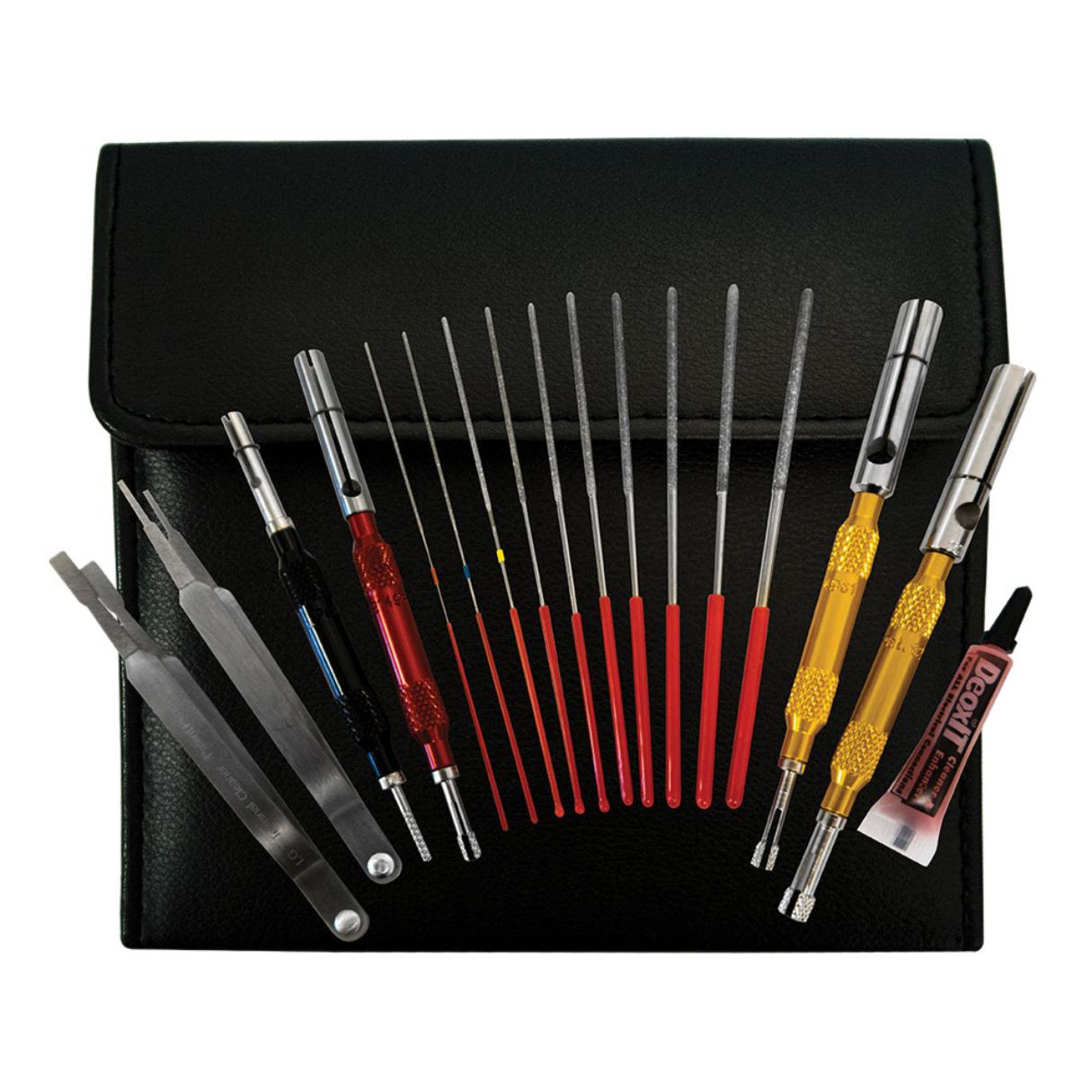
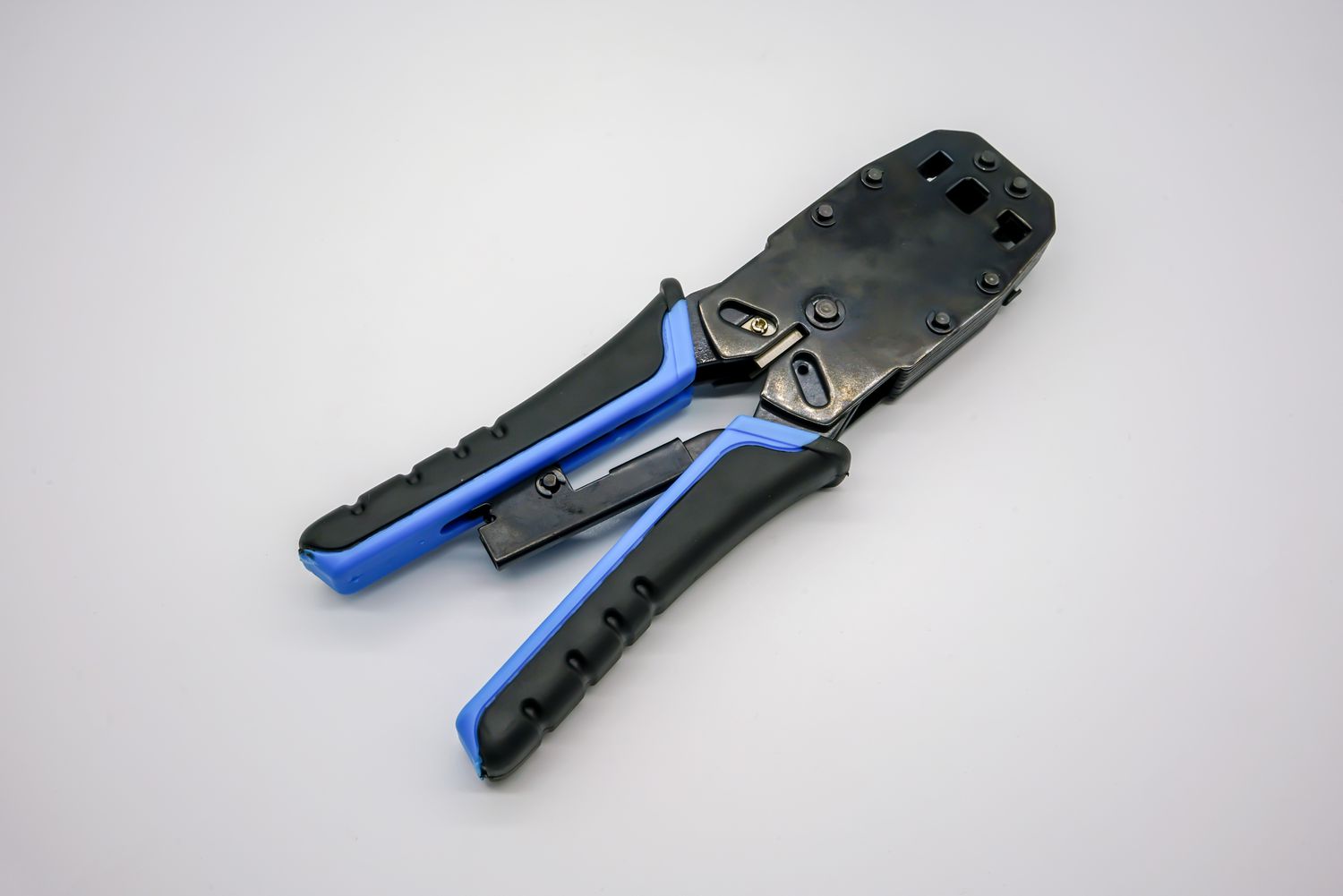
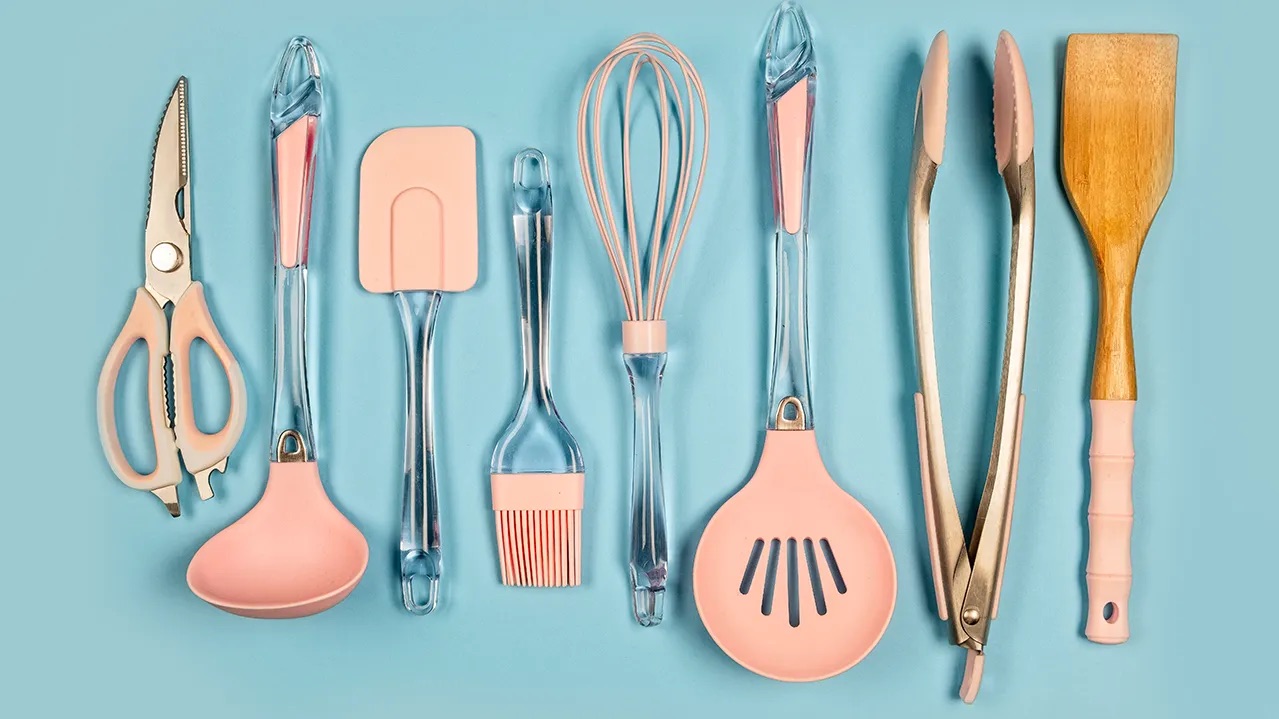
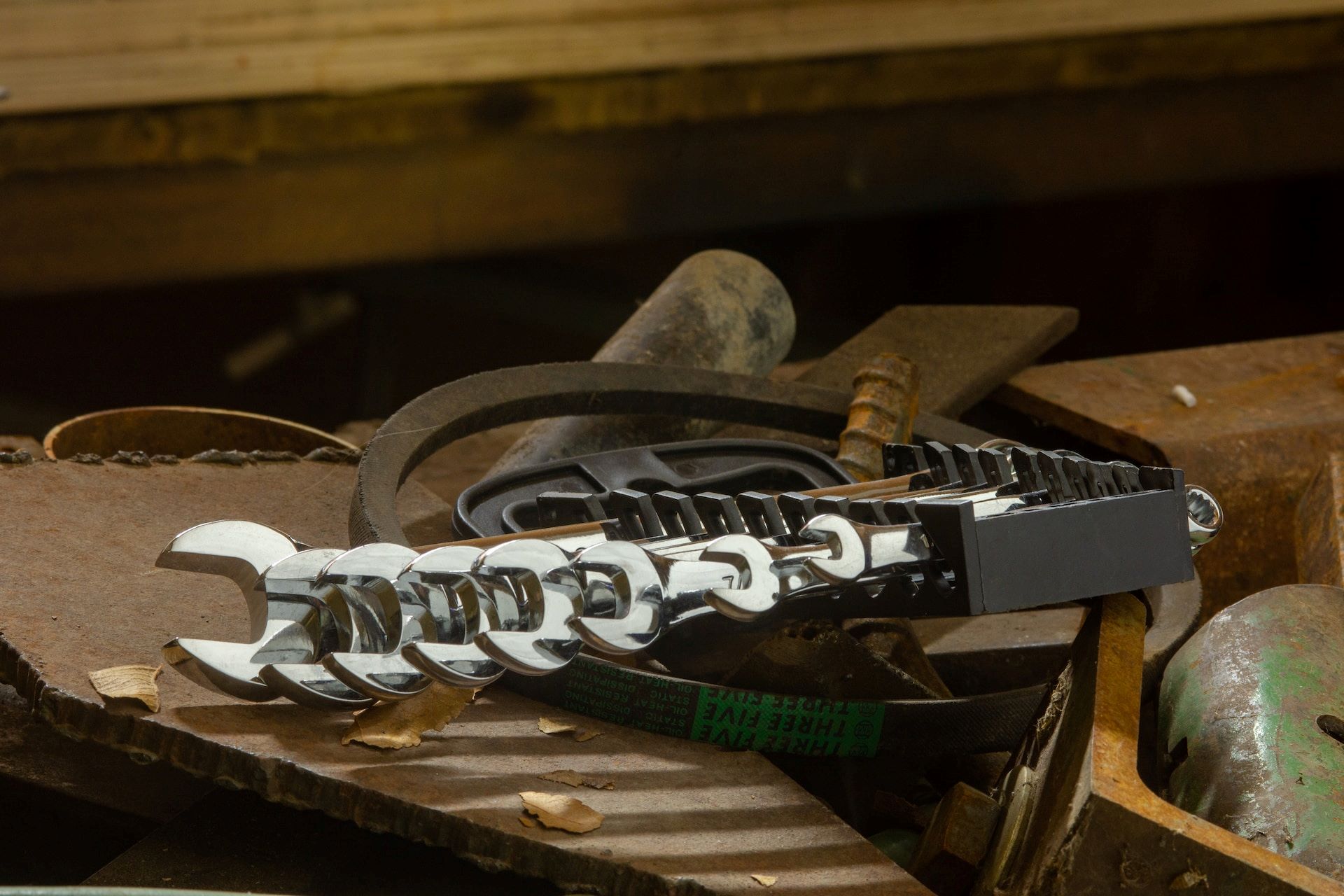
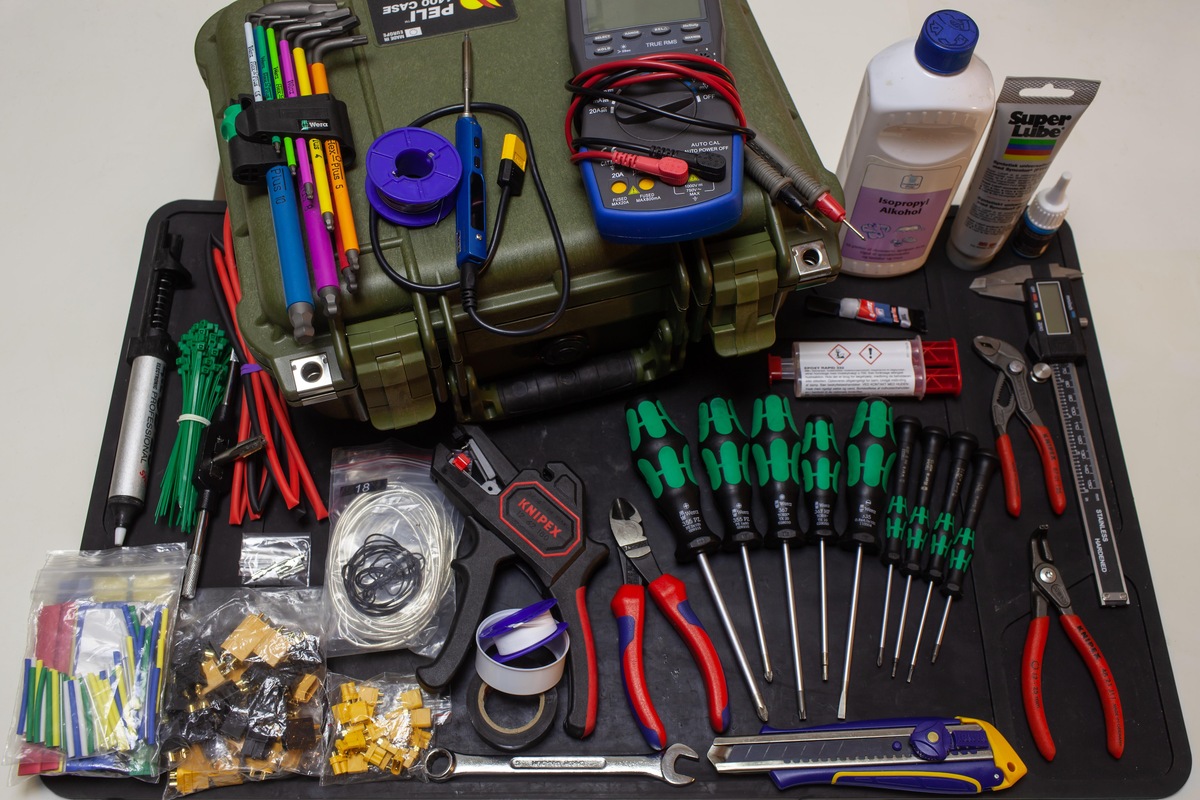
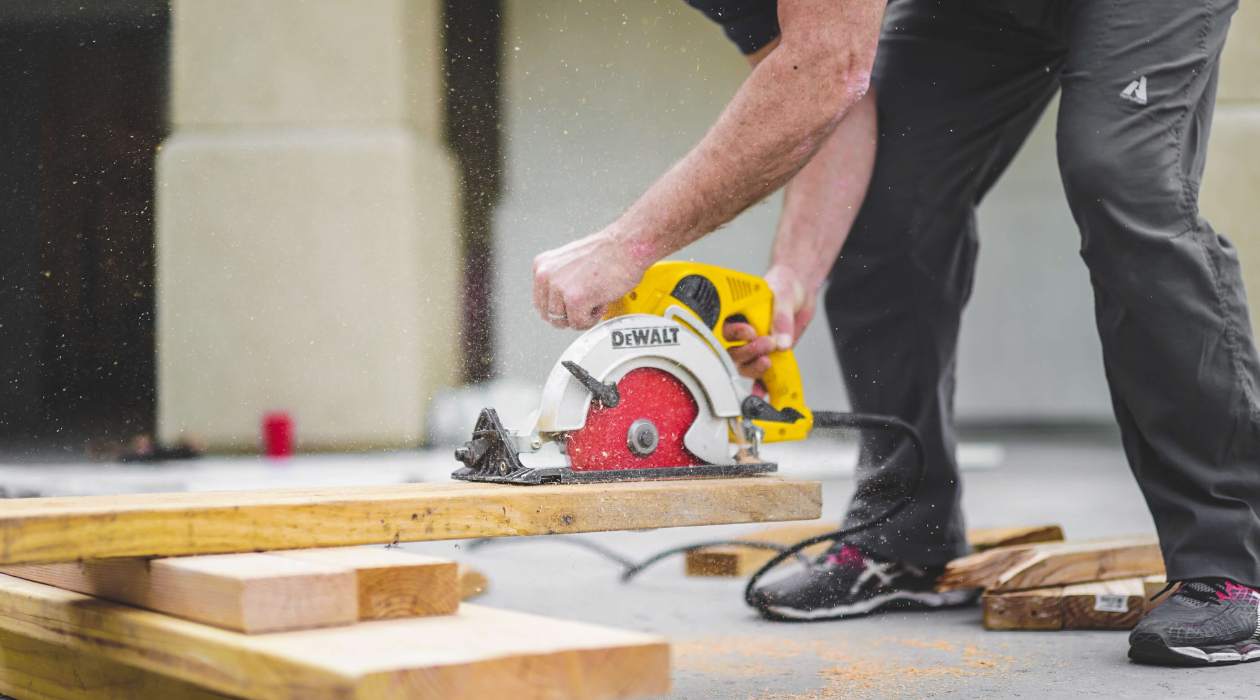
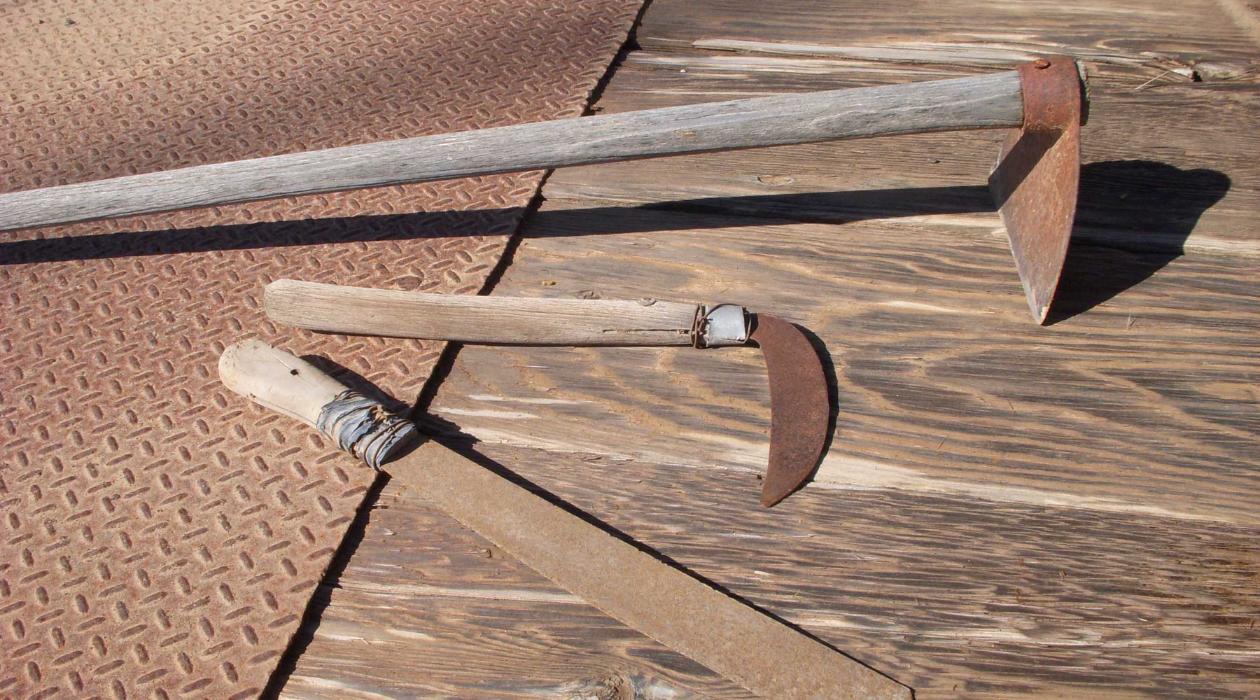



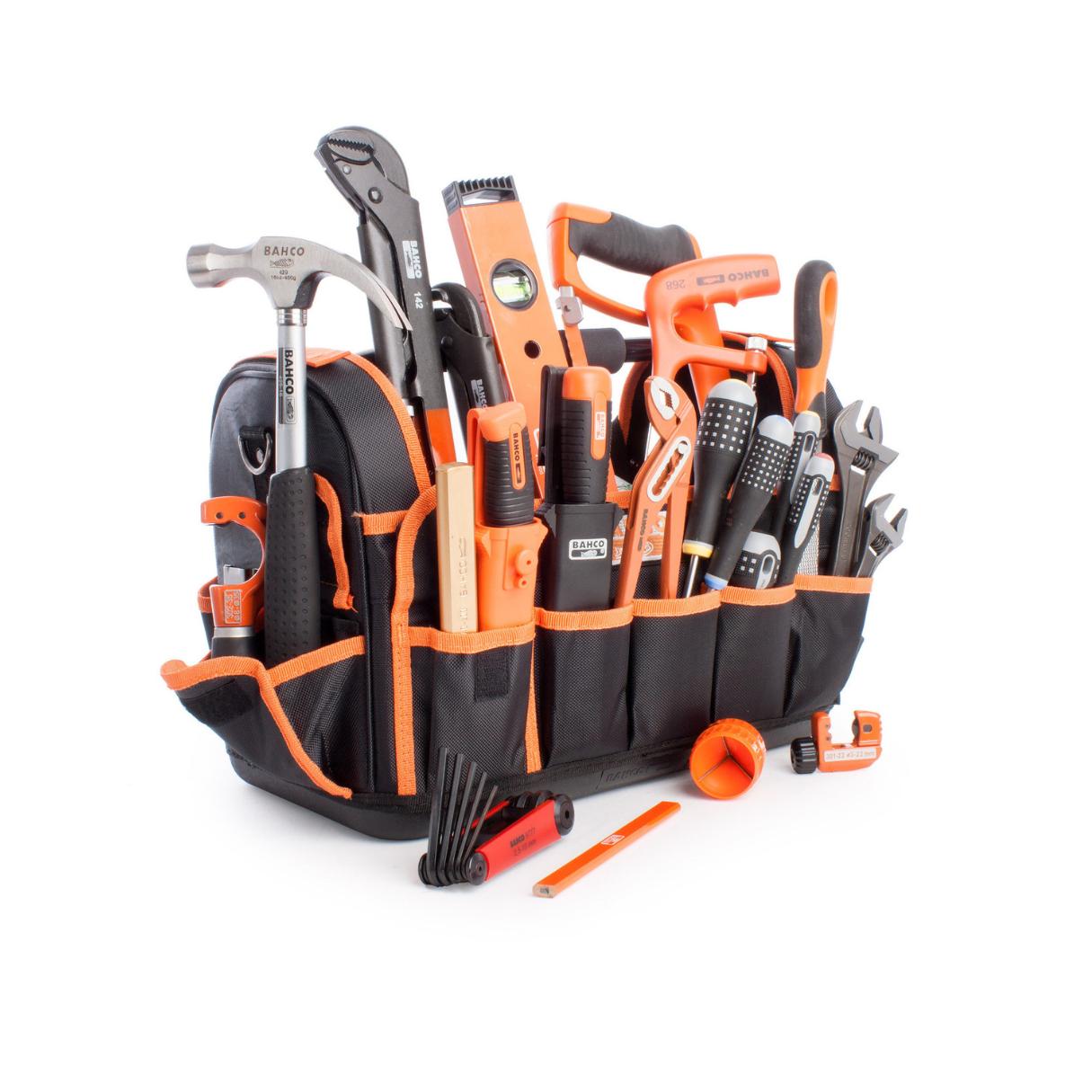
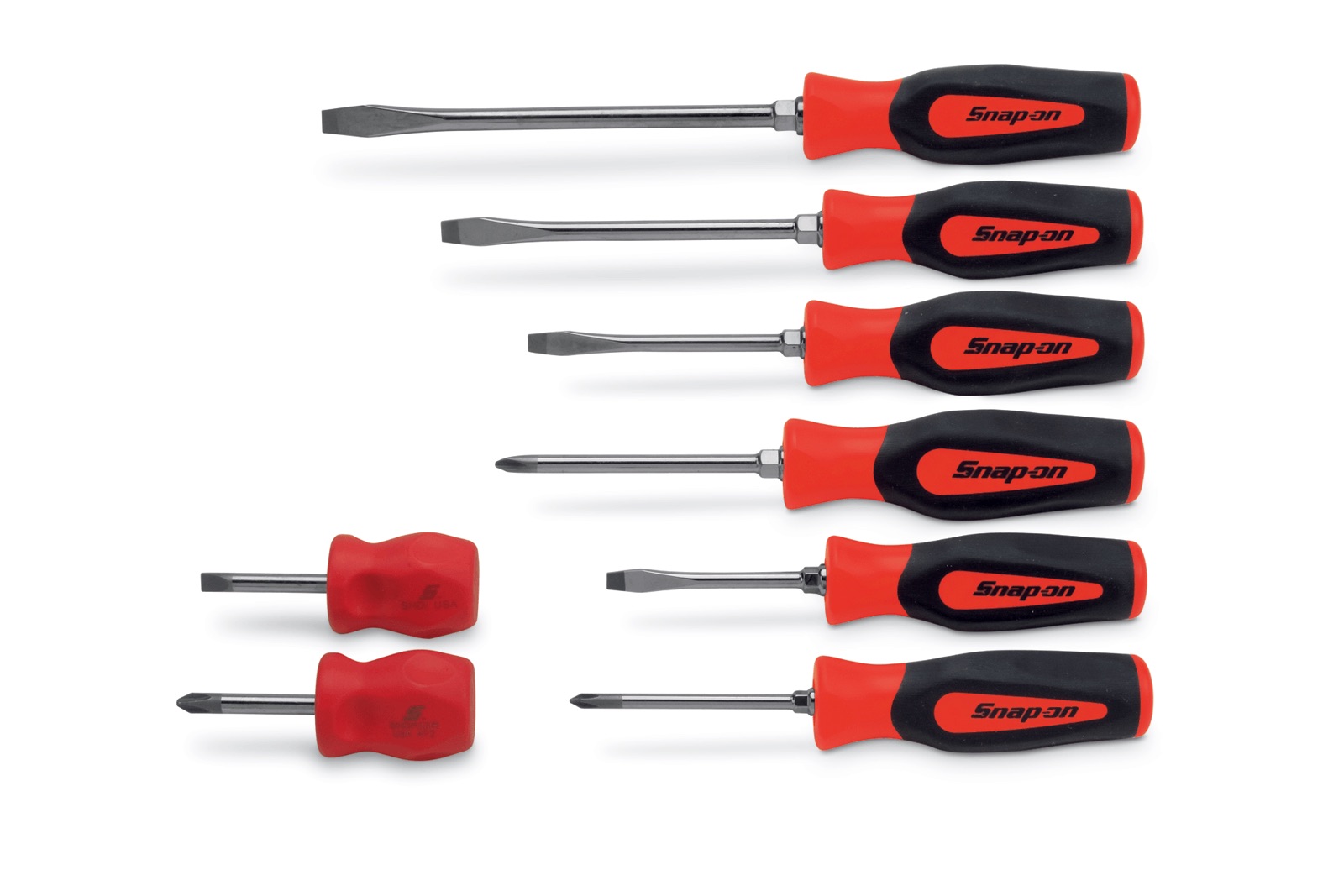


0 thoughts on “What Tools Do I Need For Woodworking”